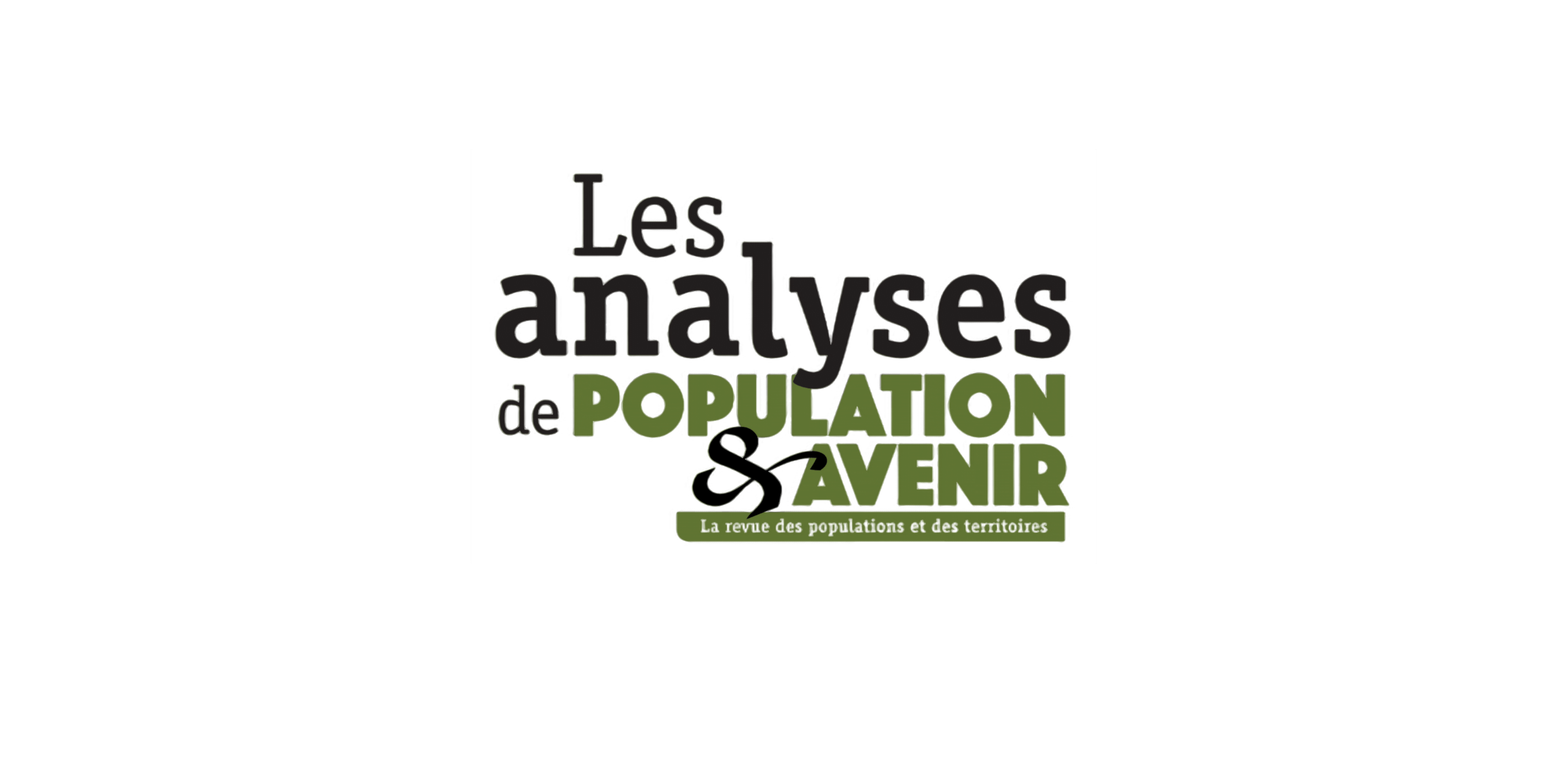A geopolitical asset for Russia: the dynamics of its population
A full understanding—objective and dispassionate—of the war in Ukraine demands consideration of all the geopolitical parameters that may have influenced Russia’s decision to launch its initial offensives in Ukrainian territory on 24 February 2022. The demographic balance of power traditionally constitutes one aspect of the balance of power between belligerents. Since the fall of the USSR, this balance of power has perhaps never been so favourable to Russia and prospects for the coming decades are also to Russia’s advantage, not only vis-à-vis Ukraine, but more widely with respect to all the former Soviet states in Europe. Yet thirty years ago, in the aftermath of the collapse of the USSR, Russia, undermined by severe political crisis, both economic and social, languished in a demographic depression unseen in Europe since the end of the Second World War. Against all expectations, it has demonstrated enormous demographic resilience since Vladimir Putin came to power on 31 December 1999. And Russian demographics are now unquestionably a geopolitical asset within its regional environment.
- Russia
- population
- geopolitics
- demography
- birth rate
- fertility
- mortality
- life expectancy
- immigration
- emigration
- USSR
- Belarus
- Estonia
- Latvia
- Lithuania
- Moldova
- Ukraine
- Armenia
- Azerbaijan
- Georgia
- Kazakhstan
- Kyrgyzstan
- Uzbekistan
- Tajikistan
- Turkmenistan
